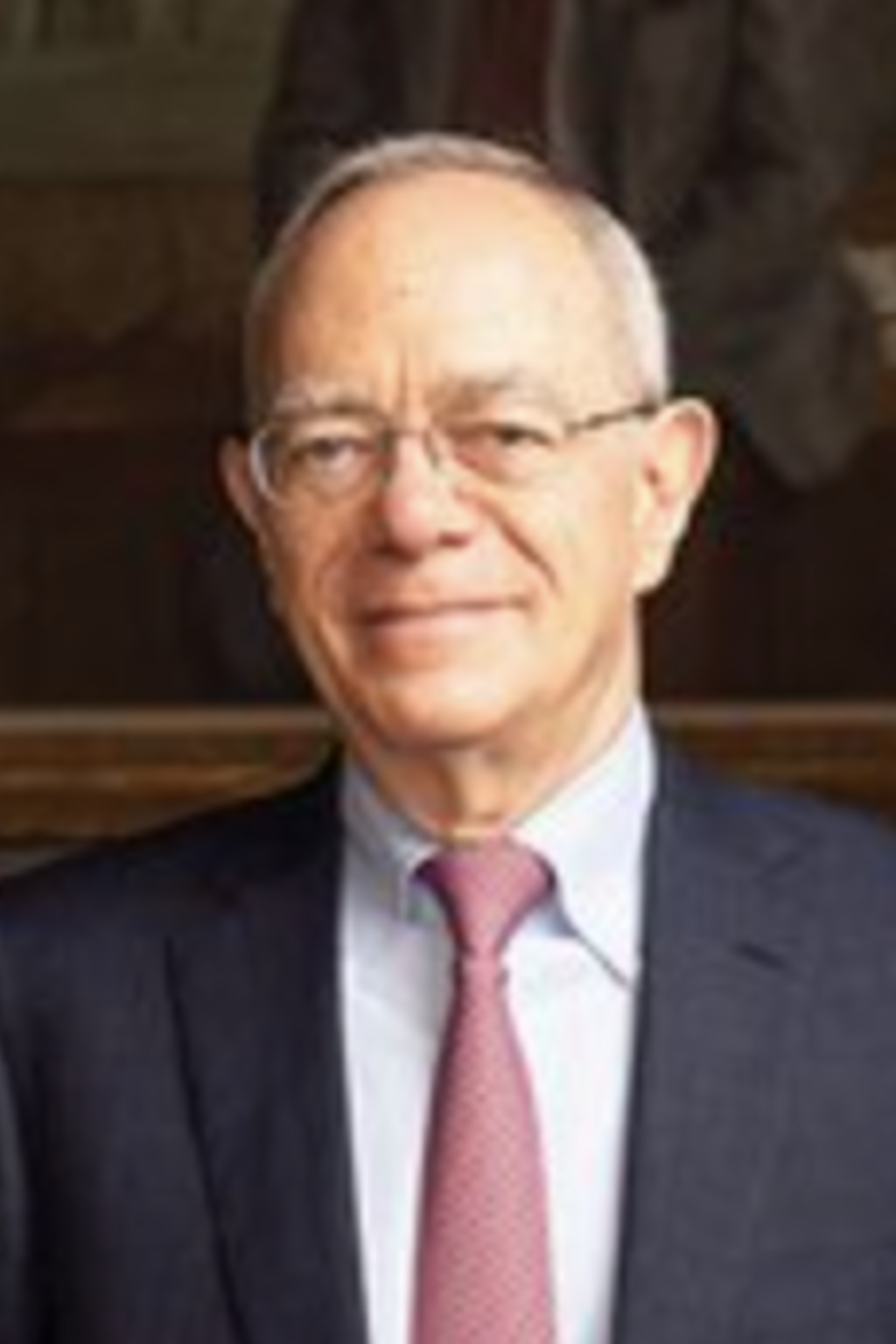L. Rafael Reif
President Emeritus, Ray and Maria Stata Professor of Electrical Engineering and Computer Science, Massachusetts Institute of Technology

L. Rafael Reif served as the seventeenth president of the Massachusetts Institute of Technology (MIT) from 2012 to 2022. In education, his central focus was the development of online learning. During his tenure, MIT rapidly adopted blended learning models in its own classrooms, expanded educational access for learners around the globe with MITx and edX, and created new forms of credentialing such as the MicroMasters. Dr. Reif also made it a priority to equip the next generation of MIT innovators with the tools to drive their ideas to impact, including by launching The Engine, a venture firm for breakthrough inventions that address humanity’s great challenges.
In 2018, Dr. Reif launched the MIT Quest for Intelligence to advance research in both human and machine intelligence and the MIT Task Force on the Work of the Future to consider the societal impacts of automation. Later that year, Dr. Reif announced the MIT Schwarzman College of Computing, the most significant reshaping of the institute since the 1950s.
In May 2021, Dr. Reif and his leadership team introduced Fast Forward: MIT’s Climate Action Plan for the Decade, which included MIT’s Climate Grand Challenges and the MIT Climate and Sustainability Consortium to help leading companies pilot and adopt climate solutions.
In 2022, his leadership team released a highly influential report that offered guidelines for academic exchanges with China.
A member of the MIT faculty since 1980 and the inventor or coinventor on thirteen patents, Dr. Reif has served as director of MIT’s Microsystems Technology Laboratories, as head of the Department of Electrical Engineering and Computer Science (EECS), and as provost. He received the degree of Ingeniero Eléctrico from Universidad de Carabobo in Valencia, Venezuela, and a doctorate in Electrical Engineering from Stanford University.